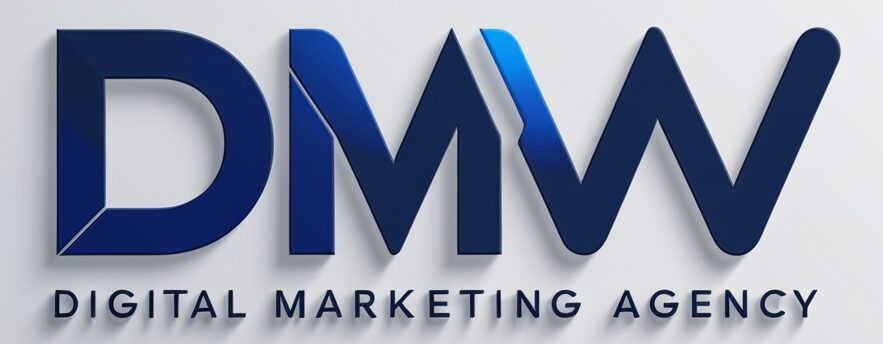With the ever-increasing speed at which technology is developing, digital marketing is on the verge of transformational changes in how businesses communicate with their audiences. In respect to the future of digital marketing, that has evolved to be dynamic, data-driven, and increasingly personal, here are some key trends shaping up to take over in the next decade for this constantly evolving field.

Hyper-Personalization
The future of digital marketing will stride truly towards better personalization. Thanks to such advances in artificial intelligence and machine learning, marketers will now be able to individualize experiences at a mass level. In lame language, the point of general email blasts or one-size-fits-all content is over. Marketers will use data to drive personal messages, offer recommendations, and give offers based on users’ past behaviors and preferences. This level of personalization will enhance customer engagement and loyalty, driving higher conversion rates.
AI and Automation
Artificial intelligence will, therefore, be the major driver of the future of digital marketing. It will be a world of AI-powered tools automating routine tasks, from content creation to social media management and data analysis. Chatbots will also improve to the core, offering immediate and appropriate responses to customer queries. The automation will thus smoothen the operations and also let the marketers work on strategic planning and creative initiatives. Moreover, predictive analytics—including the ability to accurately forecast customer needs and trends—will be improved with AI.
Voice Search Optimization
Voice search optimization will be very important as the tendency for voice-activated devices increases. Increasingly, consumers are turning to using Siri, Alexa, or Google Assistant in their daily activities: searching for things, making purchases, generally engaging with brands. This will force a pivot for SEO toward natural language processing and conversational queries. This will involve long-tail keywords and a conversational tone within the content if brands are to remain visible within voice search results.
Enhanced Data Privacy
With increased awareness about data privacy, specifically with GDPR and CCPA on the rise, digital marketers will have to take a stronger lead on data protection and transparency. Consumers are fast becoming more conscious of how their data is used and will want to be able to have much greater control over personal information. Marketers have to adopt ethical practices in using data, seek secure consent, and be transparent on usage. From responsible data management, trust is built, customer relationships and brand reputation retained
Augmented Reality (AR) and Virtual Reality (VR)
The future of brand-consumer interaction is about to be changed by AR and VR technologies. Augmented reality will help companies develop more immersive experiences, letting users examine products virtually before purchasing them. For example, furniture retailers can provide AR apps through which customers can see how furniture will look in their home. It will open up virtual reality to allow for evermore immersive brand experiences, from virtual store tours to interactive product demos. Consequently, these technologies are likely to boost customer engagement and drive more meaningful interactions with brands.
Social Commerce
Social media platforms will develop into strong sales channels. Instead, social commerce will take its place by including more e-commerce features directly into social media platforms. Features like shoppable posts, in-app checkout, and product tags mean users can now make a seamless purchase without having to leave their favorite social networks. Marketers will have to leverage those features and drive conversions directly through social platforms with engaging social media campaigns.
Conclusion
The future of digital marketing is simply going to be exciting, driven by ever-fast technologies and changing consumer behaviors. Some of the trends that will really be at the helm of this change include hyper-personalization, AI and automation, voice search optimization, enhanced data privacy, AR and VR, and social commerce. Marketers who take up such trends and adapt their strategies will do very well within this evolving digital landscape. Success in digital marketing will be based on the ability to be agile and innovative in the future.


